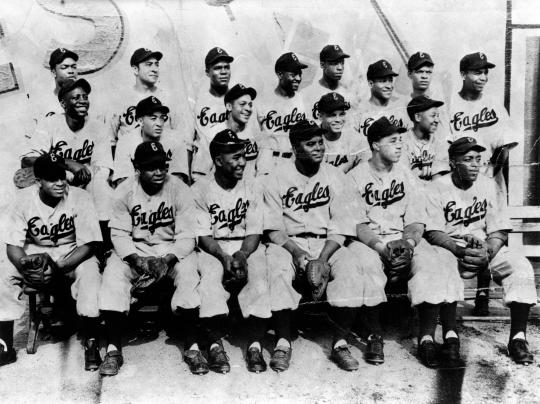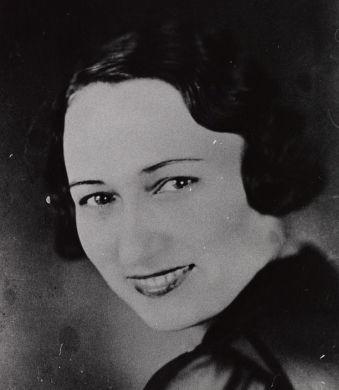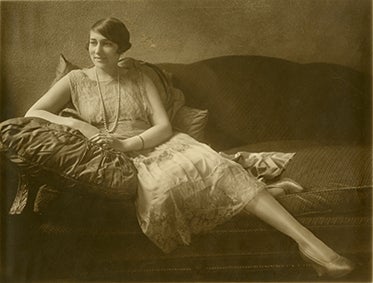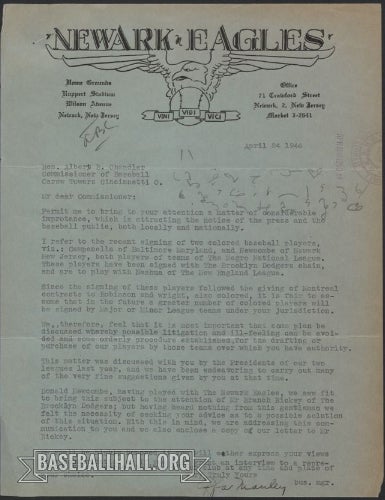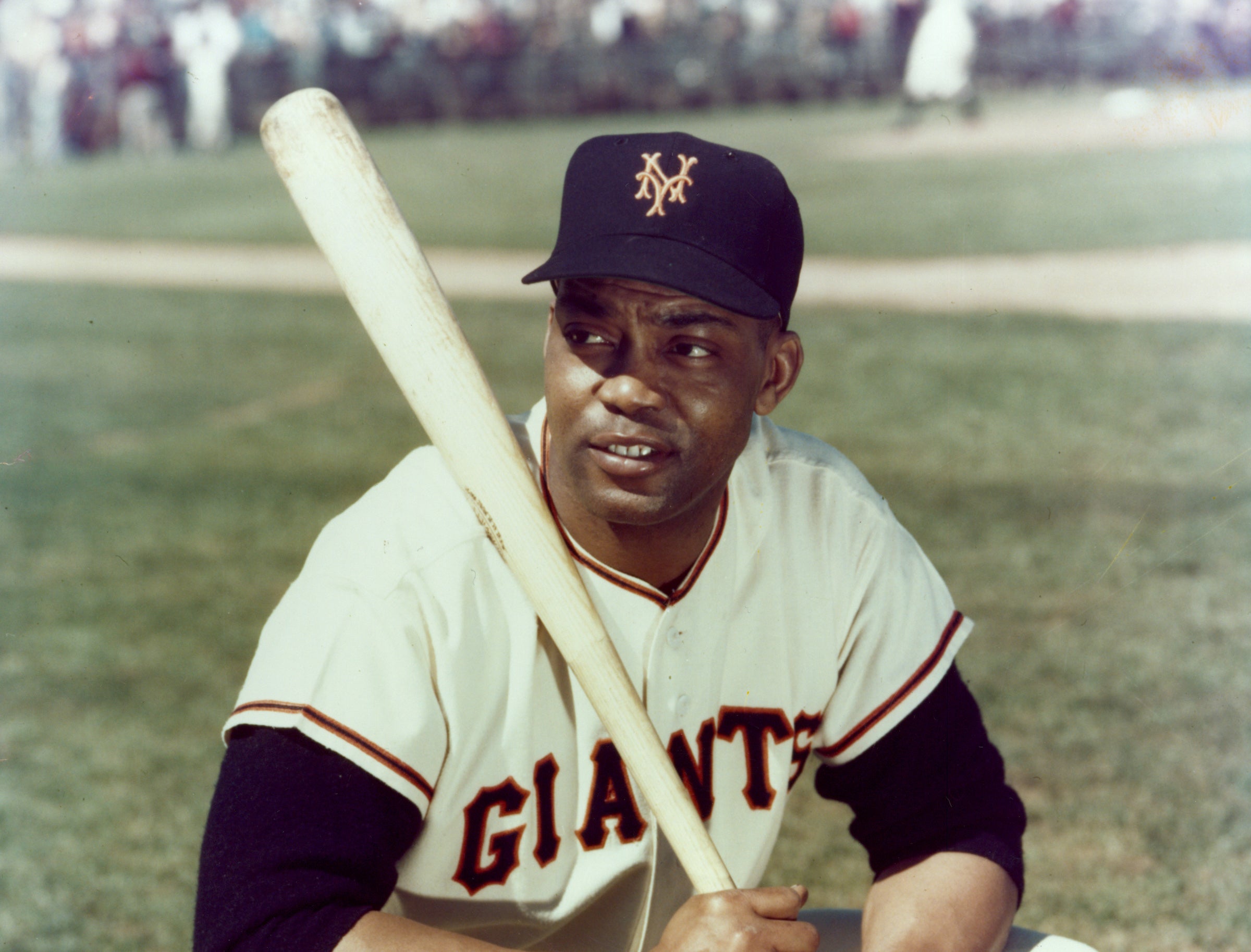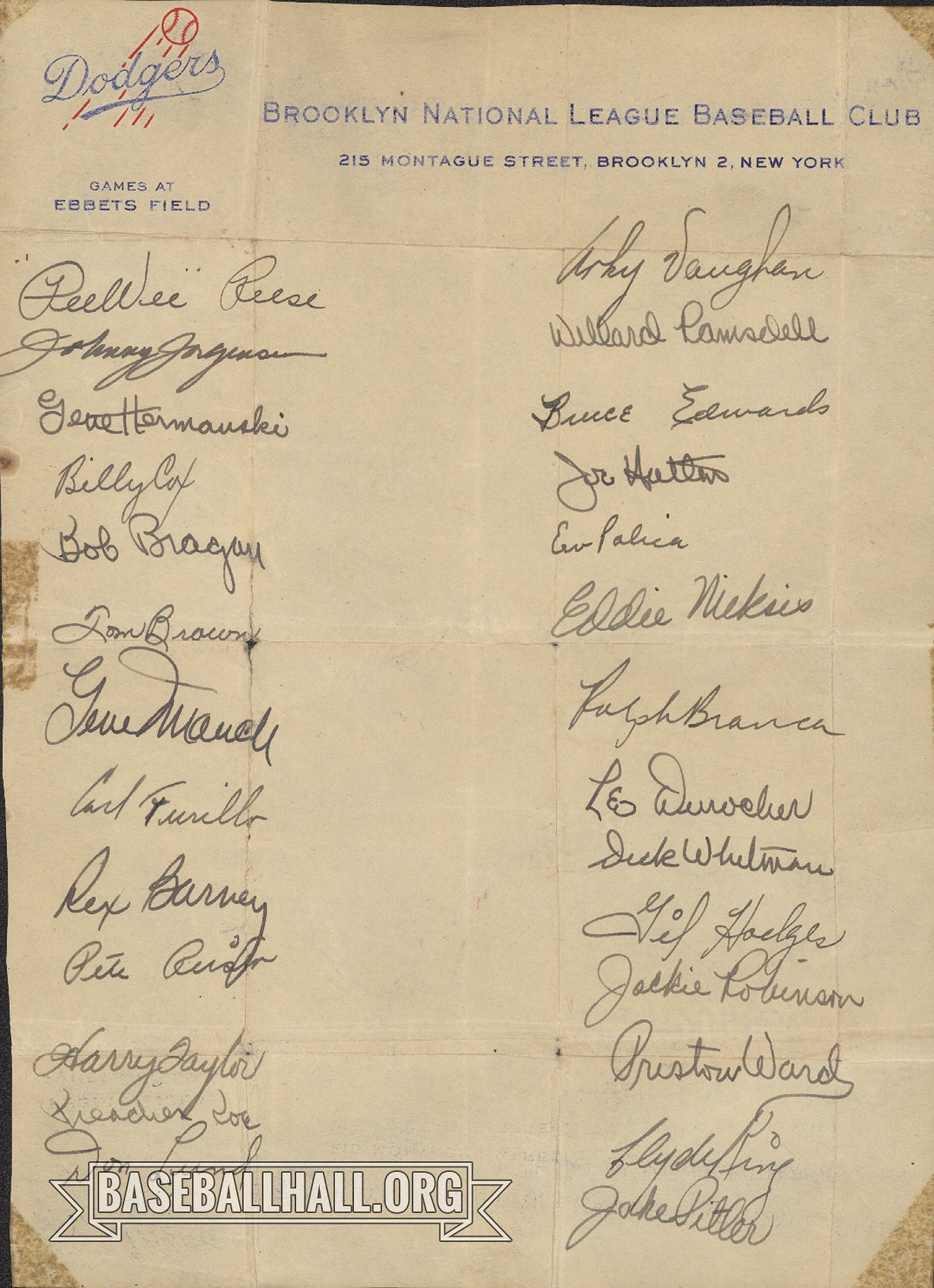#Shortstops: Effa’s scrapbook
There are currently 329 plaques lining the walls of the Baseball Hall of Fame. Those esteemed individuals include players, umpires, pioneers, executives, managers, and journalists…And one pioneering woman: Effa B. Manley.
Manley co-owned the Negro National League Newark Eagles with her husband, Abraham Manley, and was also the business manager for the team. Together they invested $100,000 into their team in the 1930s-1940s, which today translates into more than a million dollars. Manley was a pioneer who was essential to the success of the Negro National League. She is praised for her keen business sense and knowing how to promote her team.
Near another article about Jackie Robinson, “Robbie up for Trade? Who wants him?” she notes “the story appeared in the first edition of the news and was taken out of all following editions”. Her love for her players can be seen when she records the names of players missing from team photos under an article in the New Jersey Herald. Her humility can be observed when under one newspaper clip praising her she writes “This credit all belongs to Abe”. Manley’s willingness to include the not-so-savory parts of her life as well as the more glamorous aspects; testify to her character. As is the way reporters described her, although laced with gender bias of the time. Manley was deemed “Effusive Effa”, and one reporter said: “She is not the usual know-all busybody woman, delving into a man’s affairs. Rather she is intensely interested, well informed, capable, efficient, and strong willed woman who runs a man’s business better than most of the men who are engaged in it, and commands respect everywhere in the sphere of big league baseball.”
Kallan Jackson was the 2019 library research intern in the Hall of Fame’s Frank and Peggy Steele Internship Program for Youth Leadership Development

